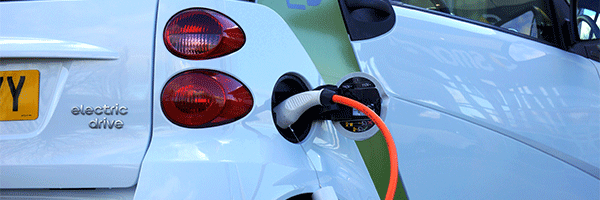Meetings between presidents come and go, but China’s efforts to capture the high ground in technologies for the future economy–and to defend that ground once captured–just go on.
On December 1 China will begin requiring export permits for some graphite products, another attempt to control critical mineral supply in response to challenges to its global manufacturing dominance. Beijing’s move to restrict graphite exports will have a disproportionate impact on foreign makers of electric vehicle battery components who have not yet shifted to using as much synthetic material as Chinese counterparts, industry insiders and experts told Reuters.
China dominates the global EV battery supply chain including production of graphite. Graphite companies in the country process both the natural material mined domestically and overseas, as well as synthetic forms. Japan, South Korea and the United States are top buyers of both natural and synthetic Chinese graphite, and analysts warned the new measures could slow or reduce graphite supplies needed by companies there to produce anodes, the negative electrodes of EV batteries.
Some Chinese manufacturers, including those with operations overseas, said they expect limited impact from the rules as most EV batteries they make use a grade of synthetic material that is unaffected by the curbs.
Under the new rules, China will require export permits starting December 1 for high-end synthetic graphite, as well as key forms of natural graphite. Chinese companies, which have been building overseas plants, told Reuter that the restrictions will have little effect on their operations abroad. The Chinese firms use synthetic graphite, but not the high grade form covered under the new measures.
The graphite controls follow on China’s recent move to require export permits for gallium and germanium products has choked off international shipments of the chipmaking metals.
Tesla’s supplier, Australia’s Syrah Resources, which mines graphite in Mozambique and is building a plant to produce anodes in Louisiana, said on it expects buyers outside of China to step up purchases of natural graphite ahead of the stricter controls taking effect.
India’s Epsilon Advanced Materials said this week it plans to open a $650 million plant to make battery materials and components including synthetic graphite in North Carolina.


